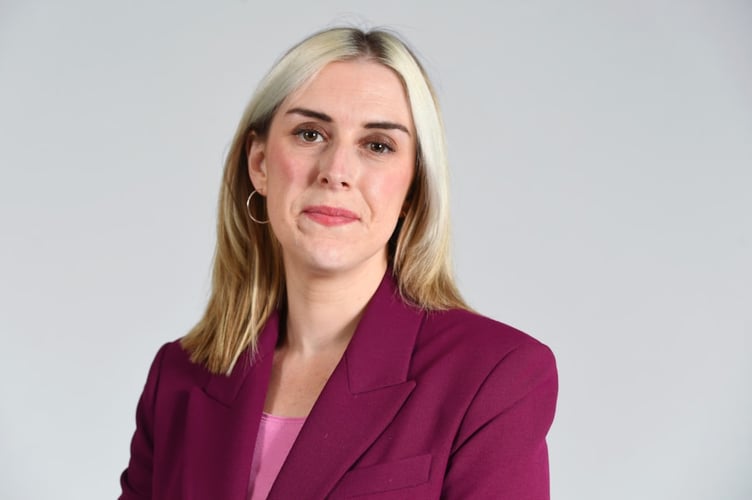The Minister for Mental Health and Wellbeing Sarah Murphy will today launch Wales’ new 10-year strategy, which focuses on tackling the issues which lead people to suicidal thoughts and improving support for people experiencing self-harm.
It will draw directly on people’s lived experience and target stigma around suicide and self-harm to create a culture where people are able to seek support without fear or judgement.
The Welsh Government is also investing more than £2m in the National Centre for Suicide Prevention and Self-harm at Swansea University through Health and Care Research Wales, marking a significant advance in understanding these complex issues.
The new Suicide Prevention and Self-Harm Strategy sets out six main aims:
- Listening and learning – developing a robust evidence base and hearing from people with lived experience
- Preventing – addressing risk factors
- Empowering – removing stigma, helping everyone to talk and listen to each other about suicide and self-harm and to help find support when needed
- Supporting – improving services for people with self-harm and suicidal thoughts
- Equipping – making sure services which support people at higher risk across Wales identify people in need and work together to provide support
- Responding – providing timely, compassionate and person-centred support to those affected following suspected suicides
The strategy recognises that suicide and self-harm can affect anyone at any age. However, the groups with the highest prevalence rates are different for suicide than they are for self-harm.
Suicide is most prevalent among middle-aged men (aged 30 to 55), while self-harm is more common among young women (aged 15 to 19). This distinction helps inform tailored approaches within the strategy.
The strategy also emphasises that self-harm is a significant risk factor for suicide. It urges everyone to take all incidents of self-harm seriously and treat the person in distress with kindness and compassion.

Minister for Mental Health and Wellbeing Sarah Murphy said: "This ambitious strategy focuses on building understanding, prevention, and compassionate support for everyone affected by suicide and self-harm.
"By working across government departments and with our partners, we're tackling the root causes while ensuring immediate help is available to those who need it.
“It’s through supporting and working with third sector organisations like the Samaritans that we will achieve the ambitions set out in our Suicide Prevention and Self-Harm Strategy.”
Joshua, who has received support from the Samaritans after having suicidal thoughts, said: “I see a generational issue where older men don't speak about their mental health because they grew up in a time when it wasn't discussed.
“Nowadays, people are much more aware and open about mental health, which is very positive. However, there is still a demographic of boys and men my age who feel it's too wimpy or embarrassing to speak about it. I've noticed that even though the conversation is improving, this issue persists.”
The new strategy will build on progress made in developing new services and support in Wales.
Last year, the Welsh Government launched a national advice service aimed at supporting all those affected by suicide, and new guidance for agencies and organisations working with those affected by bereavement.
Key service improvements to date include single points of contact for child and adolescent mental health services and the national rollout of the 111 press 2 phone service for urgent mental health support.
Information from The Real Time Suspected Suicide Surveillance (RTSSS), which collects data directly from police forces, will be used alongside a lived experience framework drawing the experiences from those who have been directly affected to help shape policies and support services.
The National Centre for Suicide Prevention and Self-harm has been appointed as an advisory body to the Welsh Government.




